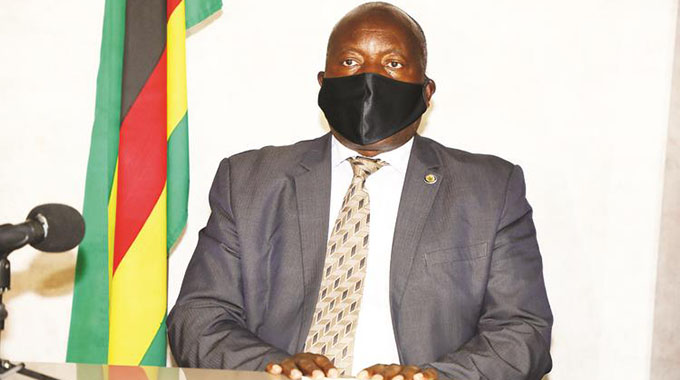Zimbabwe to take part in G25 African Coffee Summit

Sifelani Tsiko Agric, Environment & Innovations Editor
Zimbabwe will join other African countries for the inaugural African Coffee Summit which aims to re-evaluate the overall performance of the coffee sector on the continent.
A total of 25 African coffee producing countries will attend the first African Coffee Summit which will be held from May 25 – 27 in Nairobi, Kenya.
The Inter-African Coffee Organization (IACO) in partnership with the Kenyan government will host the summit.
IACO said the main objectives of the summit included marshalling consensus on a declaration to include coffee as an anchor commodity as part of the African Union 2063 Agenda.
Delegates will also explore ways to boost value addition and domestic consumption to help open up opportunities for youth and women’s empowerment as well as expand coffee trading regionally under the African Continental Free Trade Area (AfCFTA) framework.
IACO invited Zimbabwe to participate at the summit.
“Coffee is a strategic crop for Zimbabwe in terms of foreign currency earnings. Primary processing infrastructure is now available in A1 and A2 resettlements and we have a milling capacity of more than 40 000 metric tonnes available at ZCM and GMB,” Dr Dumisani Kutywayo, a government chief director for Agricultural Research and Innovation Development told the Herald on Friday.
“Zimbabwe produces good quality Arabica coffee.”
Heads of state representing the 25 African coffee producing countries, representatives from coffee research institutions, coffee companies, national bodies, development organisations, legislators, diplomats, finance institutions and African Union officials are expected to attend the summit that largely aims to raise coffee productivity while enhancing quality in Africa.
Kenyan president Uhuru Kenyatta will inaugurate the summit.
At its peak between 1989 and 1990, Zimbabwe produced 14 600 metric tonnes of green coffee and employed over 20 000 people earning the country more than US$54 million.
Currently, the country produces about 430 metric tonnes of coffee with large estates producing 400 metric tonnes and smallholder farmers 30 metric tonnes.
Dr Kutyawo said Zimbabwe has no coffee breeding program and depends on importing planting material.
“We have no registered seed producer at the moment, but the Research Institute, Tanganda Tea Company, Crake Valley Farm and other smallholder farmer nurseries supply seed and seedlings to other farmers,” he said.
Coffee producers in Zimbabwe face numerous challenges that include climate change-related problems such as droughts and cyclones, shortage of clean coffee seed and planting materials, poor access to processing equipment, high cost of production, poor access to finance and poor irrigation infrastructure.
Producers still lack insurance against natural disasters.
Coffee production has dropped over the years in most other African countries due to numerous problems that have forced smallholder farmers to neglect the cash crop in pursuit of more lucrative options.
Experts say there is a need to overhaul the coffee sub-sector to ensure benefits trickle down to smallholder farmers.
Coffee, the second most traded commodity in the world after oil and the most favourite beverage, translates into approximately 400 billion cups annual consumption at a value of $466 billion in 2021.
Africa, the second largest continent in the world, is the birthplace of both arabica and robusta coffee, a crop that serves as a source of livelihood to at least 60 million people across many African countries.
“Additionally, coffee’s medicinal attributes together with its alternative uses have not been fully explored. These attributes give coffee a high multiplier effect over other commodities and a credible anchor of inclusive economic growth,” IACO said in a statement.
Hopes are high that the summit will come up with measures to strengthen the continent’s coffee sector and promote its sustainable expansion in a market-based environment for the betterment of all participants in the coffee sector.










Comments